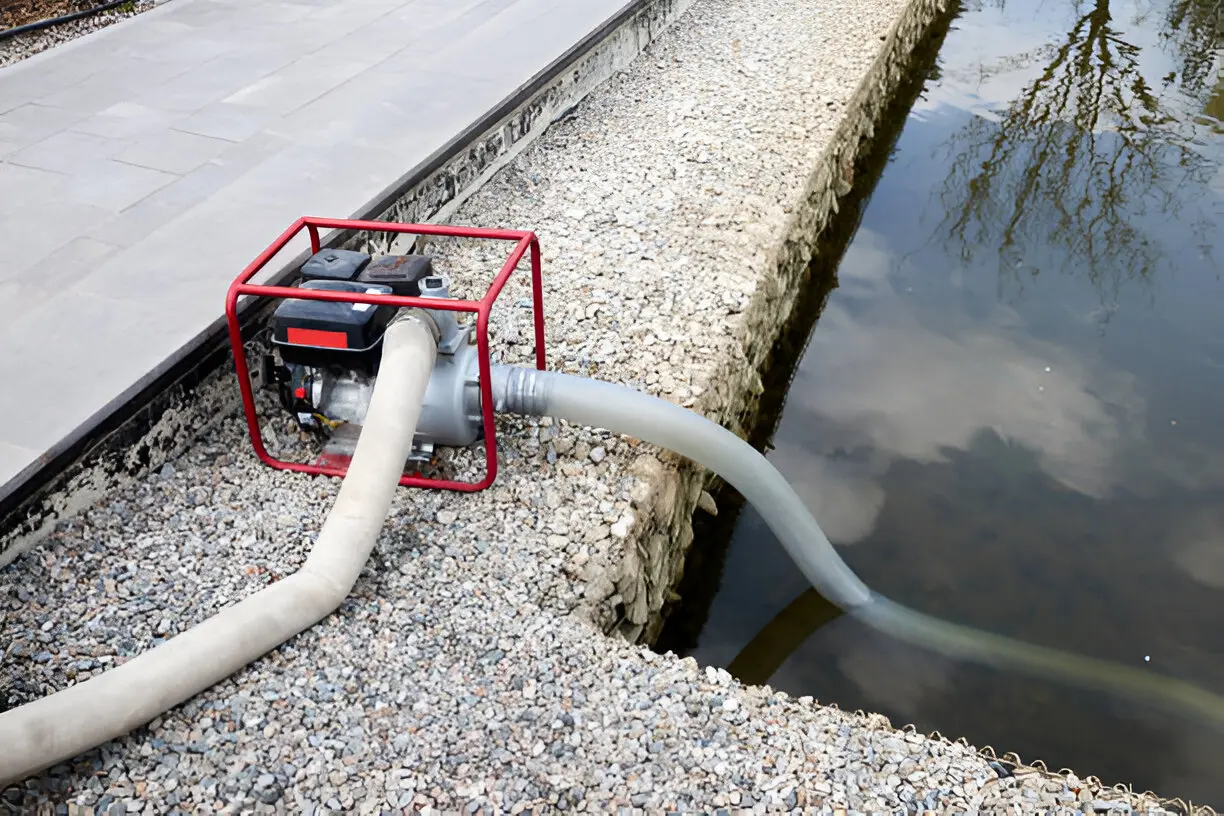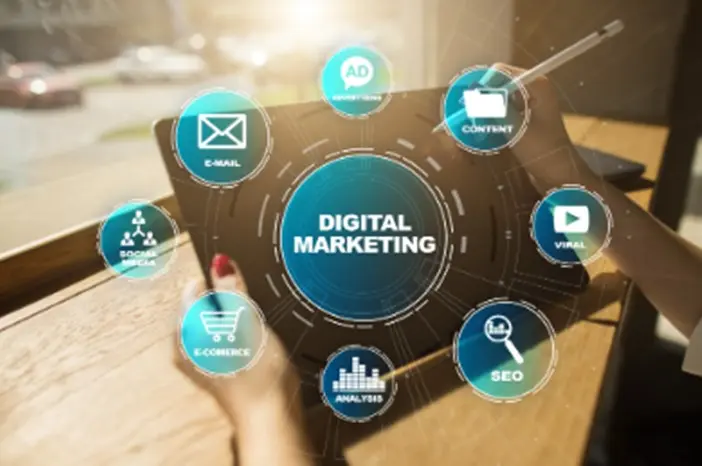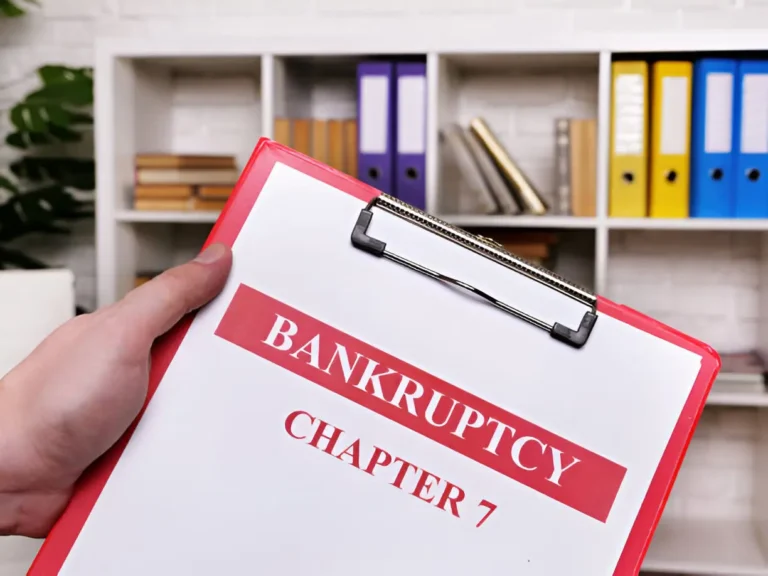When a plumbing disaster strikes, it can disrupt daily operations and damage property, leading to significant costs and downtime. Understanding the essentials of emergency water removal and plumbing services ensures that businesses are prepared for unexpected mishaps. From water extraction to leak detection, quick and effective action can save time, money, and hassle. This comprehensive guide breaks down the key services that every business should know about.
The Importance of Emergency Water Removal Services
Water damage is not just an inconvenience; it can lead to long-term structural issues, mold growth, and health hazards if not addressed promptly. Emergency water removal services are designed to minimize damage by quickly extracting water and drying affected areas. Speed is critical in these situations because the longer water remains, the higher the risk of damage to flooring, walls, and valuable equipment. When professionals remove water from a flooded facility swiftly, it significantly reduces the chances of further complications and costly repairs.
Fast Water Extraction: The First Line of Defense
Water extraction is the initial and most crucial step in preventing long-term damage after a flood or leak. Specialized equipment like industrial pumps and vacuums remove standing water quickly and efficiently. This process is followed by thorough drying to eliminate any residual moisture.
Fun fact: Did you know that mold can start growing within 24 to 48 hours after water exposure? That’s why speed is essential in water extraction.
Sub-steps in Water Extraction:
- Inspection: Identifying the source and extent of the water damage.
- Extraction: Removing all standing water using powerful pumps.
- Drying and Dehumidifying: Using air movers and dehumidifiers to prevent mold and mildew.
- Cleaning: Sanitizing the area to remove contaminants and bacteria.
Expert Leak Detection: Preventing Future Disasters
Detecting leaks is often tricky because they can occur behind walls or beneath flooring. Left undetected, these leaks can lead to costly water damage. Expert plumbing services use advanced tools like thermal imaging cameras and moisture sensors to detect leaks before they become serious issues.
Types of Leaks to Watch Out For:
- Slab leaks: These occur under concrete slabs, often unnoticed until the damage is severe.
- Pipe bursts: Caused by frozen pipes or excessive pressure, they require immediate attention.
- Sewer line leaks: These are hazardous as they can introduce harmful bacteria into your environment.
Did you know? A small faucet leak can waste more than 3,000 gallons of water annually if not repaired!
Reliable Plumbing Repairs: Fixing the Root of the Problem
While water removal and leak detection handle immediate concerns, proper plumbing repair is essential to prevent recurring issues. Skilled plumbers can fix clogged drains and pipes by identifying the cause of the problem, whether it’s a faulty pipe, broken fixture, or aging system, and offer solutions that ensure long-lasting results.
Common Plumbing Repairs for Businesses:
- Pipe replacements: Especially necessary for older buildings with outdated plumbing systems.
- Drain cleaning: To prevent clogs that could lead to overflows or backups.
- Fixture repair: Leaking faucets or broken toilets can disrupt daily operations.
Tip: Consider scheduling regular plumbing inspections to avoid costly emergency repairs down the road.
Restoring Your Business After Water Damage
Once water removal and plumbing repairs are complete, restoring your business to its original state is the next step. This may involve repairing drywall, replacing flooring, and ensuring the space is free from mold or mildew. Professional restoration teams can handle everything from structural repairs to deep cleaning, allowing you to focus on getting back to business.
Quick Fact: According to industry estimates, 14,000 people in the U.S. experience a water damage emergency at home or work every day!
Emergency Plumbing Services to Keep in Mind
While water removal is often the focus after an incident, emergency plumbing services cover a wide range of urgent needs that businesses should be aware of.
Key Emergency Plumbing Services:
- 24/7 availability: Ensure you work with a company that offers around-the-clock services.
- Burst pipe repairs: Critical in freezing conditions or due to excessive pressure in the system.
- Sewer backups: These can pose serious health risks if not addressed immediately.
- Water heater failures: Essential for businesses like restaurants or gyms that rely on hot water.
How to Prevent Future Plumbing Emergencies
While emergencies can’t always be predicted, there are proactive steps businesses can take to minimize the risk of water damage and plumbing failures.
Preventative Measures:
- Regular inspections: Annual plumbing checkups can catch small issues before they become costly repairs.
- Upgrade aging systems: If your plumbing is outdated, consider upgrading to modern, more efficient systems.
- Install water detection devices: These gadgets can alert you to leaks before they cause significant damage.
Interesting fact: Some modern water detection systems can automatically shut off the water supply when a leak is detected, preventing further damage.
Stay Prepared, Stay Protected
Water damage and plumbing emergencies can happen unexpectedly, but with the right services in place, businesses can mitigate the risks. From fast water extraction to expert plumbing repairs, addressing these issues head-on ensures minimal downtime and a safe, functioning environment. Taking preventative measures and staying vigilant can go a long way in avoiding future disasters.
By understanding the importance of emergency water removal and plumbing solutions, your business can be better prepared to handle any water-related crisis that comes its way.
Also read- Qxefv: Unlocking Unmatched Efficiency and Innovation in Business




